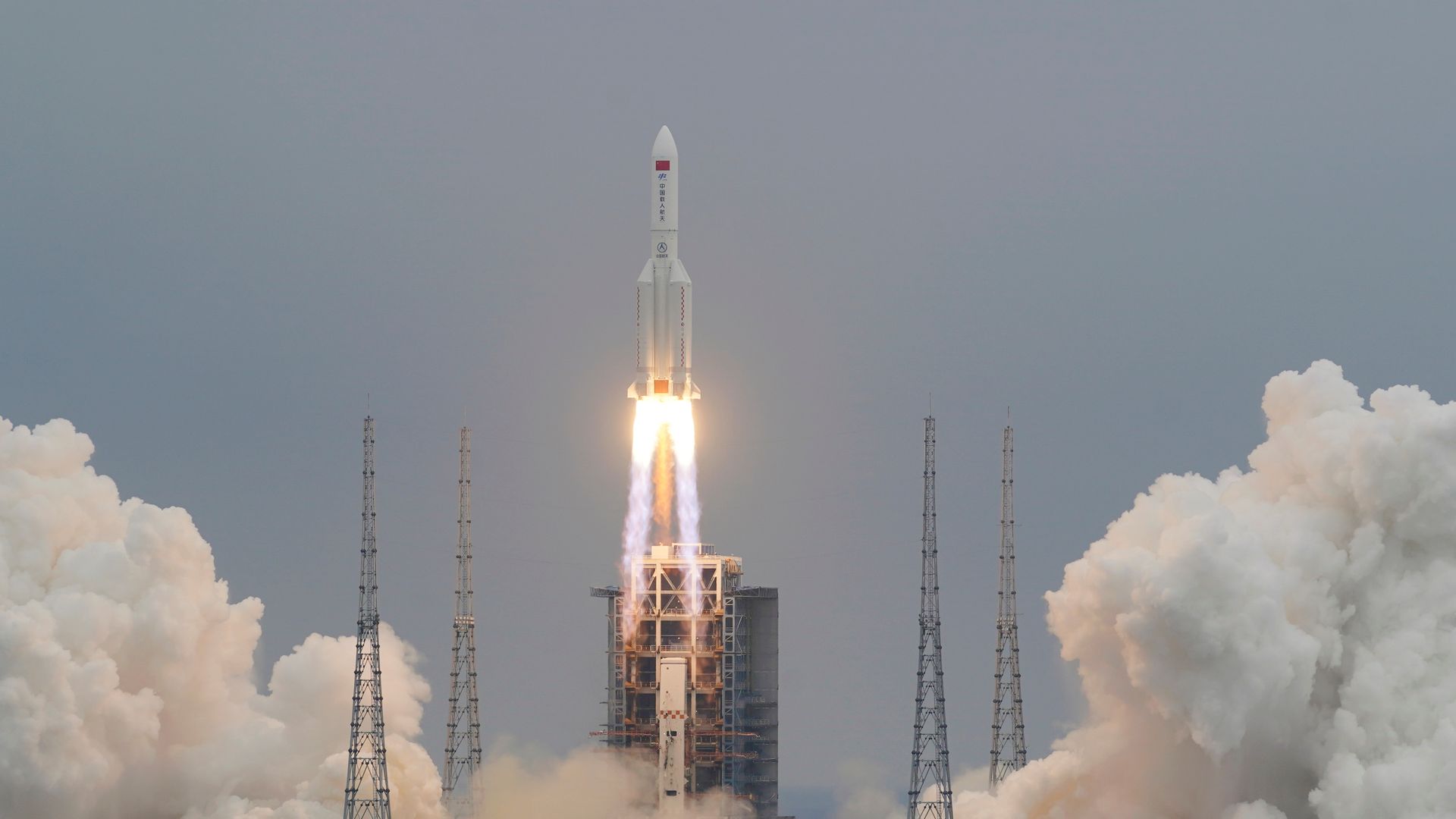A space capsule carrying the ashes and DNA of ONE HUNDRED SIXTY SIX people was lost after crashing into the Pacific Ocean off the coast of California. The mission, led by Celestis, a Texas-based company that offers “space burials,” was meant to give families a unique way to honor their loved ones by sending their remains into orbit.
The spacecraft, called Nyx, was built by the German startup The Exploration Company. After successfully launching into space on June 23 aboard a SpaceX rocket from Vandenberg Space Force Base, Nyx entered low-Earth orbit and completed two full trips around the planet. The plan was for the capsule to reenter Earth’s atmosphere and parachute into the ocean for recovery. However, during descent, the parachute failed to deploy, causing the capsule to plunge into the sea.
In a statement posted on LinkedIn, The Exploration Company confirmed the failure.
“The capsule was launched successfully, powered the payloads nominally in orbit, stabilized itself after separation and re-established communication after reentry blackout,” the company said. “But it encountered an issue, and we lost communication a few minutes before splashdown. We are still investigating the root causes.”
This mission marked another chapter in Celestis’ decades-long history of space memorials. The company’s first space burial took place in 1997 aboard the NASA Space Shuttle Columbia, carrying the remains of 24 people — including Star Trek creator Gene Roddenberry — fulfilling his lifelong dream of space travel.
Others who have received space burials include Star Trek actors Nichelle Nichols (Lieutenant Uhura) and James Doohan (“Scotty”), planetary geologist Eugene Shoemaker and L. Gordon Cooper, one of NASA’s original Mercury Seven astronauts.
Cannabis seeds were also on board as part of a separate science experiment. The group behind the project, Martian Grow, aimed to study how space conditions affect the plant’s germination and growth.
According to its website, Martian Grow believes cannabis could support future space missions by providing food, medicine and sustainable materials.
The Martian Grow team is headed by Božidar Radišič at the Research Nature Institute, in Slovenia.
“Sooner or later, we will have lunar bases, and cannabis, with its versatility, is the ideal plant to supply those projects,” Radišič said in an interview with Wired ahead of the launch. “It can be a source of food, protein, building materials, textiles, hemp, plastic and medicine. I don’t think many other plants give us all these things.”
After the failed landing, both companies expressed regret.
Charles Chafer, CEO of Celestis, said in a statement that recovery of the capsule is unlikely. “We hope families find some peace knowing their loved ones were launched into space, orbited Earth and now rest in the vastness of the Pacific, much like a traditional sea scattering,” he wrote. “We share in their disappointment and thank them for their trust.”
Helene Huby, CEO of The Exploration Company, also issued an apology. “We all hoped for full success. Partial success is often part of the journey for those who take risks and push boundaries,” she said. “I take full responsibility and offer my apologies to our customers.”
Space burials are part of a growing interest in alternative end-of-life options. Other methods gaining popularity include human composting, where remains are broken down naturally in vessels, and biodegradable “tree pod” burials, where a tree is planted above the body, allowing it to grow using the nutrients from decomposition. In environmentally conscious states like Washington, space burial ranks sixth among nontraditional funeral methods.
Despite the recent setback, space burials are only becoming more ambitious. As technology advances, ashes could be sent to the Moon, launched into deep space or placed in personal memorial satellites orbiting Earth.
